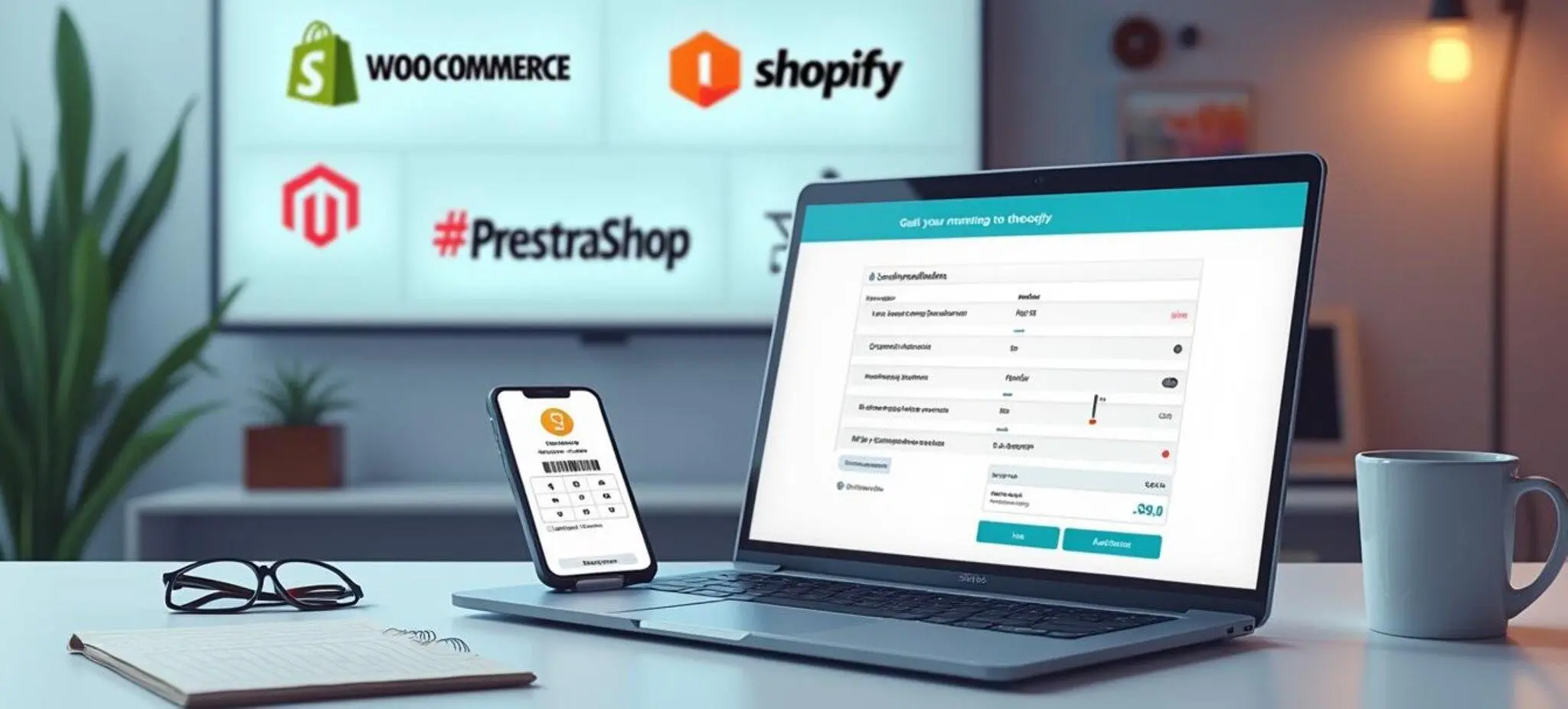Published: June 10, 2025 | Last updated: June 10, 2025
In July 2025, a noticeable seasonal shift in advertiser activity within the Meta ecosystem significantly affected brand visibility and the effectiveness of e-commerce promotional campaigns. While many large companies reduced their efforts, some—like Temu and Revolut—used the holiday season to gain an advantage.
For SME e-commerce sellers, this is a valuable signal: a well-planned advertising campaign during a period of reduced competition can yield above-average results. At the same time, it's worth remembering that summer downtime doesn't mean giving up on marketing activities—quite the opposite.
In this article, we look at the latest advertising trends on Facebook and Instagram, draw conclusions from the actions of the largest brands, and formulate practical strategies based on digital marketing, education and technology, and consumer psychology. Use these insights to improve your e-commerce campaigns, especially during seasons of "lighter competition."
Table of Contents
- Advertising in the Meta Ecosystem – July 2025
- Temu and Revolut – Leaders of July Advertising Activity
- Summer Campaigns – How to Adjust Your Ad Planning
- Consumer Psychology and Seasonal Digital Marketing
- Advertising Strategies for SMEs in a Low-Competition Season
- Technologies, Automations, and Artificial Intelligence in E-advertising
- Frequently Asked Questions (FAQ)
- Advertising Trends: Key Takeaways
- July 2025 saw a drop in activity from major brands in Meta ads, creating an opportunity for more agile players.
- Temu recorded a 24% increase in the number of ads, while Revolut achieved record reach thanks to campaigns based on a summer context.
- Seasonality influences consumer emotions—it's worth leveraging this by using marketing based on the psychology of purchasing decisions.
- Small and medium-sized businesses can significantly increase their visibility during periods of seasonal slowdown through precise targeting and the use of new technologies.
Advertising in the Meta Ecosystem – July 2025
July is traditionally a holiday month, which affects not only consumer behavior but also brands' advertising activities. The Sotrender Facebook & Ads Trends report shows that many large brands reduced their ad activity during this period, making room for more aggressive players.
Key observations from the report:
- A visible decrease in the number of campaigns among leaders such as Lidl, eObuwie, and JYSK.
- Increased activity from brands focused on e-commerce and digital services.
- The opening of ad space for more precisely targeted campaigns.
For SME e-commerce, this means one thing: less noise from the biggest players = greater visibility for your brand.
Temu and Revolut – Leaders of July Advertising Activity
Temu, the Chinese e-commerce giant, isn't slowing down in Poland—in July, it registered over 70 thousand ads in the Meta ecosystem, a 24% increase month-over-month.
Revolut, meanwhile, making its debut in the ranking of the most far-reaching ads, quickly placed in the Top 15 with four creatives. The most important ads reached over 10-12 million users.
What did these brands gain?
- Temu: an intensive product and promotional campaign helped strengthen brand awareness in the Polish market.
- Revolut: by linking a summer context to financial services, the brand focused users' attention on practical problems and their solutions.
Conclusion:
The largest brands don't always have to dominate—skillfully using the season, storytelling, and consumer needs can give even new players an edge.
Summer Campaigns – How to Adjust Your Ad Planning
Summer is a time when consumers are:
- more mobile,
- using smartphones more frequently,
- looking for specific solutions related to travel, relaxation, time management, and secure shopping.
How to approach this strategically?
- Hyper-personalization: segment ads by location (tourist regions) or behavior (e.g., users who have visited banking/insurance/etc. websites).
- Seasonal storytelling: connect your offer to the holiday context. This is what Revolut did with currency exchange and financial management.
- Mobile optimization: your ads must look good, load quickly, and communicate a "here and now" message.
Convenient payment processing? Check out the payment solutions from Przelewy24, designed with mobile customers in mind.
Consumer Psychology and Seasonal Digital Marketing
Consumer psychology helps to better understand why users make specific purchasing decisions—and the summer season definitely modifies them:
- Increase in impulse purchases – a greater tendency for emotional decisions (e.g., buy now because you're on vacation).
- More free time – more interaction with social media = a greater chance for an ad to be noticed.
- Seeking comfort – users look for simplification. Promote your solutions as hassle-free, convenient, and available "on demand."
Advertising Strategies for SMEs in a Low-Competition Season
1. Reactivating Inactive Users
Use custom audiences on Facebook and Instagram to reach people who haven't converted recently. Remind them of your brand with a new, summer-themed offer.
2. Test New Formats
Stories, Reels, Carousel – less competition means greater reach for test ads. Summer is a great proving ground for experiments.
3. Summer Retargeting
Don't forget about people who have previously visited your site. Even if they aren't buying now, you can keep your brand top-of-mind so they return in the fall.
Technologies, Automations, and Artificial Intelligence in E-advertising
Digital marketing in 2025 is primarily about automation, personalization, and real-time optimization. More and more functions are based on artificial intelligence and behavioral data.
What tools can you implement now?
- Dynamic Product Ads (Facebook DPA): show the user exactly what they were looking for a week ago.
- AI-based bidding systems: Facebook Advantage+ or Google Performance Max campaigns are now standard.
- AI for content creation: test tools that support A/B testing of headlines, CTAs, and ad copy.
Frequently Asked Questions (FAQ)
1. Is it worth advertising during the summer?
Yes, because the seasonal lower competition allows for lower ad costs and greater visibility. It's the perfect time for SMEs to stand out.
2. What tools are worth testing in the summer?
Reels, location-based campaigns, AI-powered chatbots for customer service during holiday periods, and ads with countdowns/limited-time promotions.
3. Which channel is the most effective in July?
Meta data shows that Facebook and Instagram are still leaders in conversions, with Reels growing the fastest.
4. What consumer behaviors are typical for summer?
Greater engagement with social media, increased impulsiveness, and a search for "on-the-spot" and convenient solutions.
Advertising Trends: Key Takeaways
The summer advertising quiet is a myth—it's a period where smaller companies can gain a huge advantage by attracting the attention of less-distracted consumers. The key is to use digital marketing tools, purchasing psychology, and AI technology. Revolut and Temu show that seasonal campaigns have the potential not only for growth but also for long-term customer loyalty.
Convenient payment methodsfor your customers are a chance to grow your business. Make sure your store is ready to accept a customer exactly when they have a moment to shop—even on the beach.



